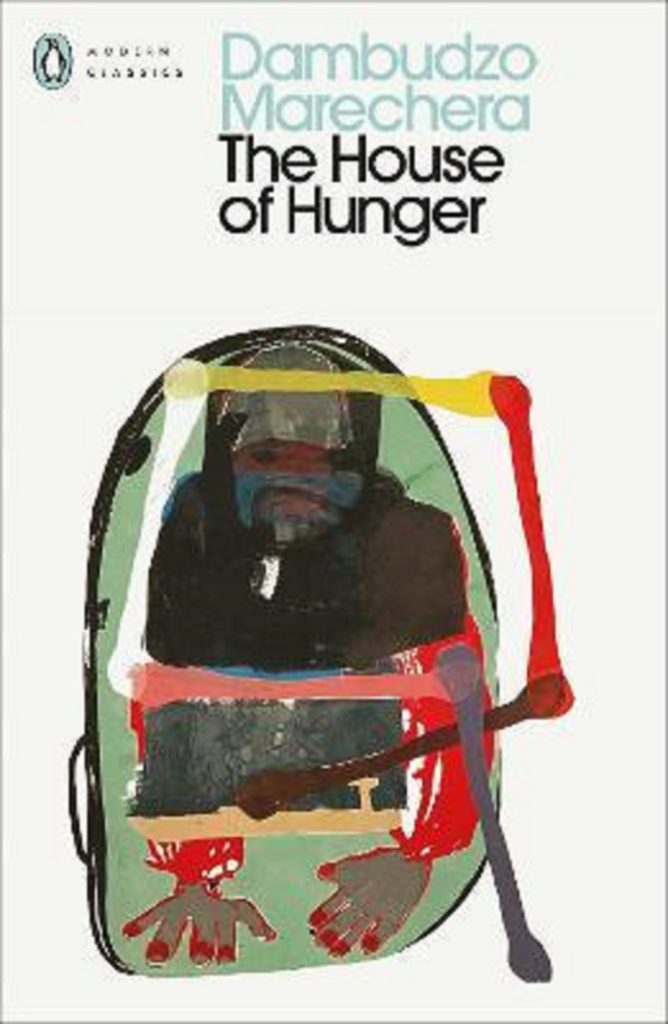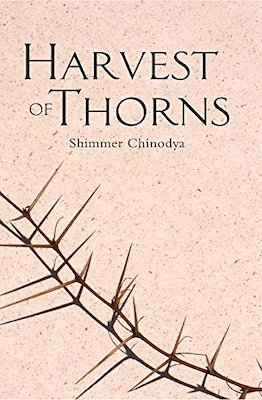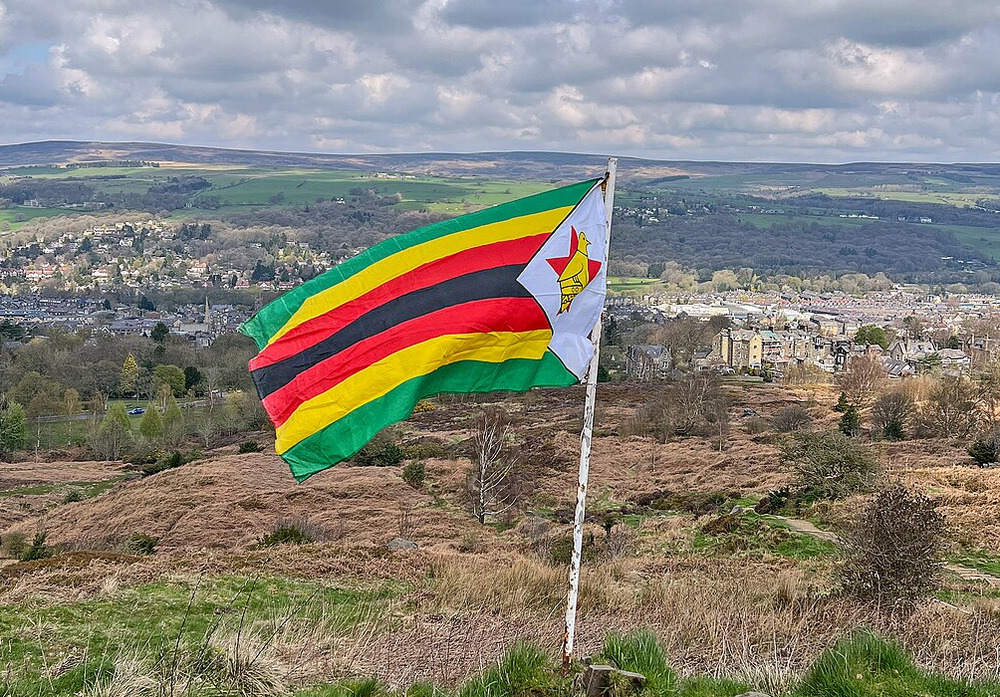Zimbabwe is a former settler colony and, as such, contains multiples. This is why I have always felt compelled to write about this “small place” that I call home. When I started writing my first novel, The Theory of Flight, in 2007, it was very obvious that Zimbabwe, so full of promise in the 1990s, had become a failed postcolonial experiment and that many writers were eager to examine what that failure meant for contemporary Zimbabweans: NoViolet Bulawayo’s We Need New Names; Brian Chikwava’s Harare North; Valerie Tagwira’s The Uncertainty of Hope. To me what was happening in Zimbabwe in the 2000s seemed both new and uncannily familiar and so I decided to explore the ways in which the past bleeds into the present.
By the time The Theory of Flight was published in 2018 it had become clear to me that all that I wanted to say about my country and its long-contested histories could not be confined in one novel and so the idea for the City of Kings Trilogy was born. The three novels that make up the trilogy—The Theory of Flight, The History of Man, and The Quality of Mercy—focus on the country’s transition from a settler colony to an independent postcolony in order to examine how our understandings and experiences of race, gender, ethnicity and nation are both shaped by, and in turn shape, particular historical moments.
In the five years that I have been working on the trilogy there has been an explosion of Zimbabwean Literature: NoViolet Bulawayo’s Glory; Tsitsi Dangarembga’s This Mournable Body; John Eppel’s A Colonial Boy; Petina Gappah’s Out of Darkness, Shining Light; Fatima Kara’s The Train House on Lobengula Street; Violette Kee-Tui’s Mulberry Dreams; Sue Nyathi’s An Angel’s Demise; Bryony Rheam’s This September Sun; Novuyo Rosa Tshuma’s House of Stone. What I find fascinating about Zimbabwe’s current literary moment is that most of these novels, written from a refreshing diversity of perspectives, are dealing with the ever-present legacies of the country’s colonial past on our received identities and lived experiences.
I see the country’s contemporary literature continuing a conversation that was begun by these 7 classic Zimbabwean (and Rhodesian) novels:
The Grass is Singing by Doris Lessing
The colonial narrative wrote white women as the epitome of purity, put them on a pedestal and then instructed them to be silently happy with their privileged position. All seemed well until Doris Lessing’s Mary Turner entered the narrative and disturbed and disrupted it.
At first Mary is as she should be: she believes that whites are superior, industrious and gifted and that blacks are inferior, lazy and talentless. But then her husband proves to be an ineffective farmer—could it be that he is lazy, talentless…dare she think it…inferior? Compounding the matter is a black farm laborer named Moses who seems to experience himself as a being with industry, intelligence and agency.
But if Moses has these qualities what does she, Mary—the silent partner in the colonial enterprise—have? Through Mary, Lessing shows that the position of the white woman within the colonial narrative may not be as privileged as purported.
Waiting for the Rain by Charles Mungoshi
At the center of Charles Mungoshi’s novel is the kind of black man that Mary Turner cannot bring herself to comprehend. Lucifer, the protagonist, is a being with industry, intelligence and agency. He uses these qualities to upwardly maneuver his way from his rural and humble beginnings to a mission school and then on to an unnamed destination overseas.
Although there is cause for celebration because Lucifer is broadening his horizons, there is also occasion to lament because his departure will create a loss (within himself, his family, his community, his country). Written in 1975, Mungoshi’s novel anticipates the type of migration that will become prevalent in 21st century Zimbabwe.
Lucifer (as his name suggests) is a character that Mungoshi treats with ambivalence because the hybridity created by his colonization and migration may end up completely severing him from himself, his family, his community and his country. In one of the most tragically beautiful endings to a novel, Mungoshi writes, “Lucifer leans back and tries to look at his country through the eye of an impartial tourist.”

The House of Hunger by Dambudzo Marechera
Dambudzo Marechera’s novella begins the same way that Charles Mungoshi’s novel ends—with a determined departure. “I got my things and left,” the narrator informs the reader before taking them on a journey through the decrepit, squalid and violent township that the narrator lives in and through the narrator’s painful memories of a people and a country always in turmoil.
The constant, frenetic forward motion of the narrative seems freeing…until you realize that the narrator has never left the house of hunger.
Written on the eve of Zimbabwe gaining its independence, the novella serves as a cautionary tale—settler colonialism, with its many forms of violence has created an alienated people, people who cannot relate or empathize with each other because the various dichotomies of the colonial narrative have always pitted them against each other. If real work is not done to address this legacy, the postcolony will continue to alienate and violate its people and there will be no escape from the house of hunger. Needless to say the novella continues to be a touchstone for many Zimbabweans and writers.
Nervous Conditions by Tsitsi Dangarembga
Departures anticipate an arrival and in 1988, Tsitsi Dangarembga made her grand entrance into the world of Zimbabwean literature with one of the most powerful and salient opening lines to a novel: “I was not sorry when my brother died.” All of a sudden, here was a voice that had not been heard before, forcing us to listen. This voice was unapologetic about the space it was clearing and the place that it was occupying.
Lessing’s Mary, Mungoshi’s Lucifer and Marechera’s unnamed narrator all had to contend with and contest the limited space and place that the colonial narrative afforded them. But at least they had a space and place. Tambudzai, Dangarembga’s determined heroine, has no such fortune. She is a young black girl who is expected (by colonialism, capitalism, and patriarchy) to silently and unobtrusively make her way towards black womanhood.
Luckily, Tambudzai refuses to go gently and Zimbabwean women and Zimbabwean writers have been forever enriched since. After Nervous Conditions, Tambudzai has gone on to hold a mirror up to postcolonial Zimbabweans in Dangarembga’s The Book of Not and This Mournable Body. The image reflected back to us is not pretty and makes us uncomfortable, which is as it should be. Tambudzai is not sorry.

Harvest of Thorns by Shimmer Chinodya
Having achieved independence after a protracted war, nationalists encouraged postcolonial Zimbabweans to think that their freedom had come at the hands of valiant victors—the children of the soil—who had fought only for the rightest of reasons: the liberation of the Zimbabwean people.
As well-intentioned as this nationalist narrative seemed to be, its real intention was to erase and silence other experiences of the war years. Shimmer Chinodya decided to voice this silence and make visible this erasure by telling the story of Benjamin who, although seduced by the child-of-the-soil rhetoric of the guerrillas, actually fought the war because he had committed a crime and wanted to escape incarceration. His reasons were, therefore, far from altruistic.
Benjamin is not the valiant victor of the nationalists’ narrative. His selfish reasons for joining the war add a shade of gray to a postcolonial narrative that was, in the 1980s, fast becoming black and white. This may seem like a small feat, but speaking truth to power is never a small feat and Lessing rightfully called Harvest of Thorns “a brave book”.
Mukiwa: A White Boy in Africa by Peter Godwin
If in the postcolonial nationalist narrative valiant victors could only be former guerrillas, then what did that make the soldiers they had fought against? How were white Rhodesians supposed to understand themselves in Zimbabwe? Could they only be Rhodesians or was there room for them to become Zimbabweans?
In his memoir Godwin deals with this crisis of identity that has as much to do with the postcolonial nationalist narrative as it has to do with how the colonial Rhodesian way of life was built on the continued exploitation of African land and the continued oppression of African people. Godwin was raised in a country whose injustices, violence, and inequalities were fortified by the laws of the land—laws that made him both privileged and complicit.
As he comes of age, Godwin is increasingly conflicted about his relationship to his country and his place in it, especially as the arrival of independence only leads to the continuation of coloniality in a different guise.
Butterfly Burning by Yvonne Vera
I will end this list the way I began it by looking at the colonial narrative’s construction of race and gender. Phephelaphi, Yvonne Vera’s heroine in this novel, which is set in 1948, is not, according to the colonial narrative, supposed to be on a pedestal. As a black woman in a city where her labor is not required by colonial capitalism she is not supposed to be seen or to exist, and, if she is made visible, it should be clear that she is a dangerous and diseased threat. And yet when Phephelaphi first meets Fumbatha, he sees only her beauty, health and vitality and puts her on a pedestal.
But this narrative that has turned Fumbatha into a laborer and turned Phephelaphi into a potential threat cannot contain their happiness, especially when she starts thinking of herself as a being with intelligence, agency and industry and takes steps towards becoming a nurse. Fumbatha, the laborer, wants in Phephelaphi someone who will provide him with the comforts of home. When he learns of her ambitions he uses the somewhat privileged, even if limited, position that patriarchy and capitalism afford him to punish her for her ambitions.
Trapped by the limited colonial constructions of race and gender, Phephelaphi has to create her own type of emancipation.

